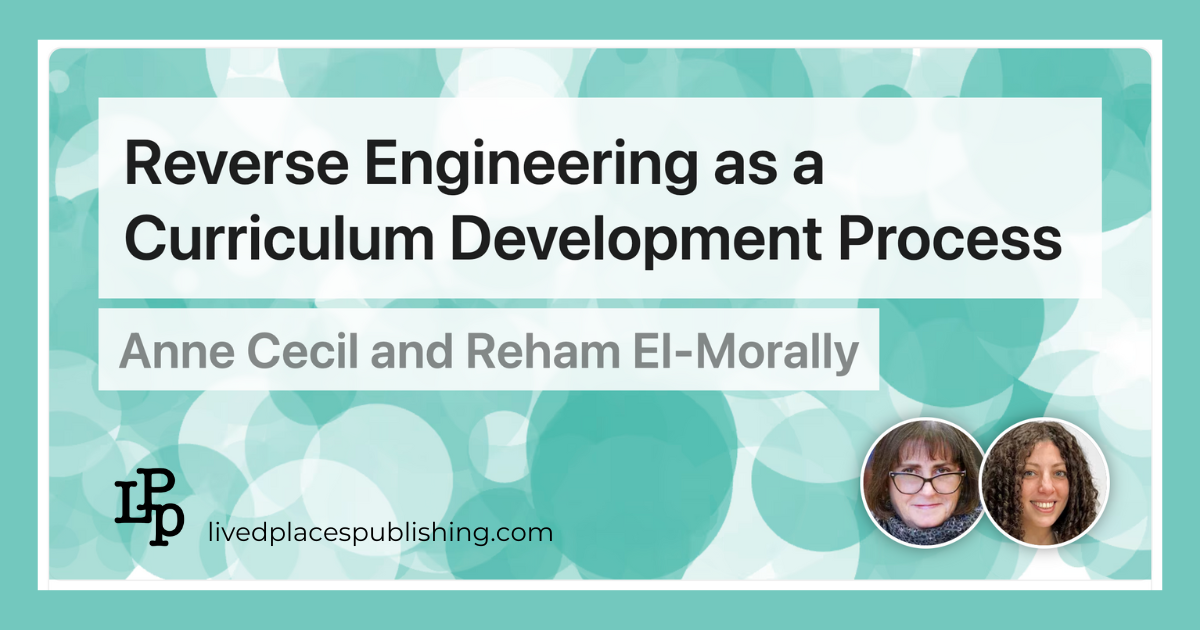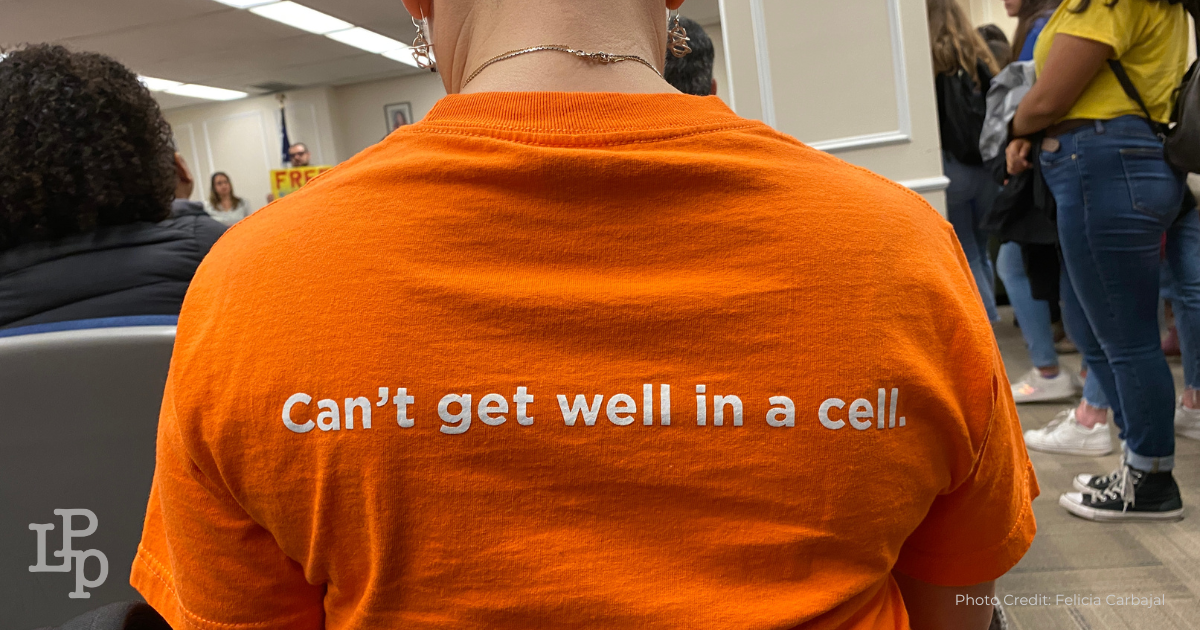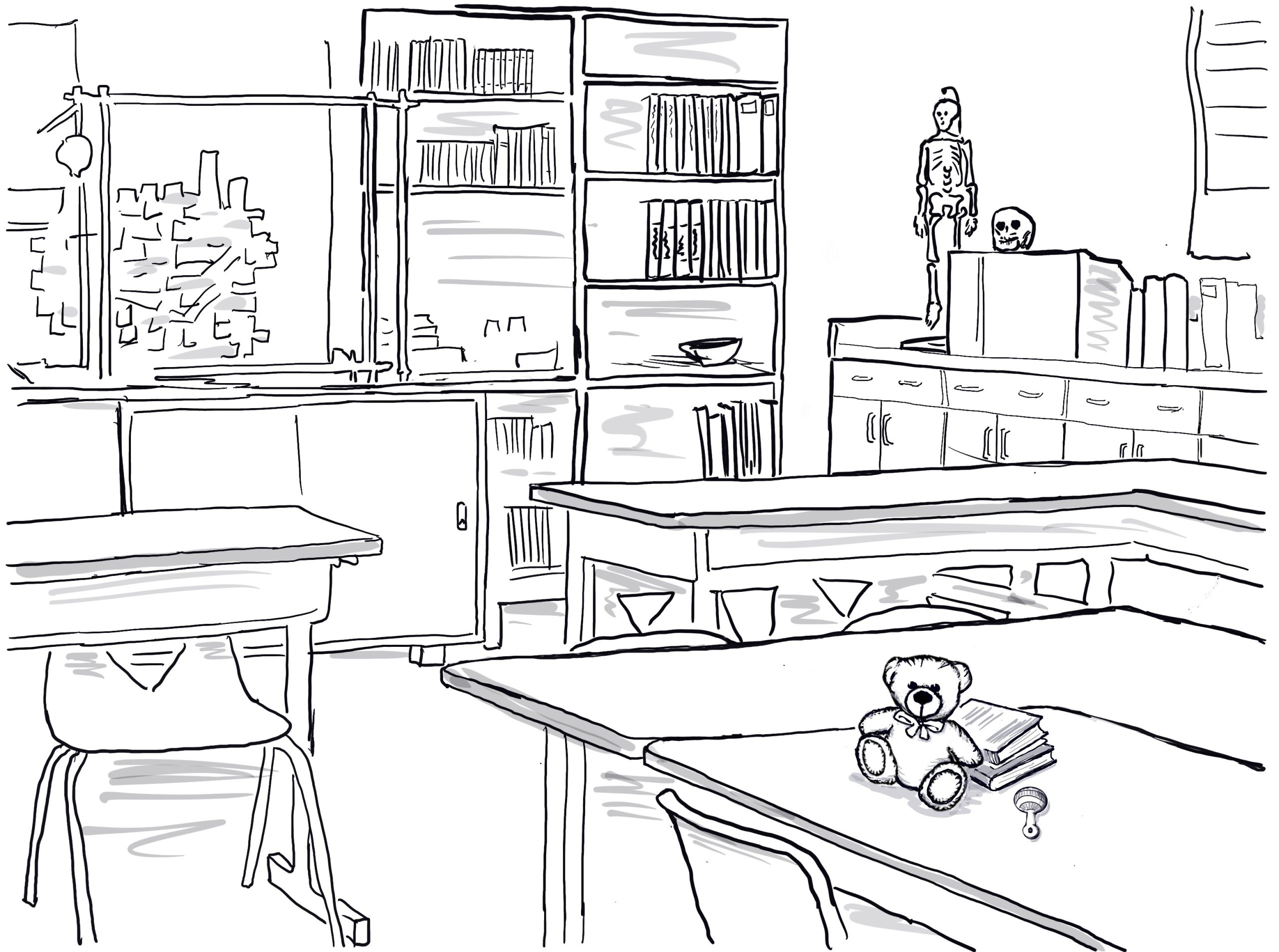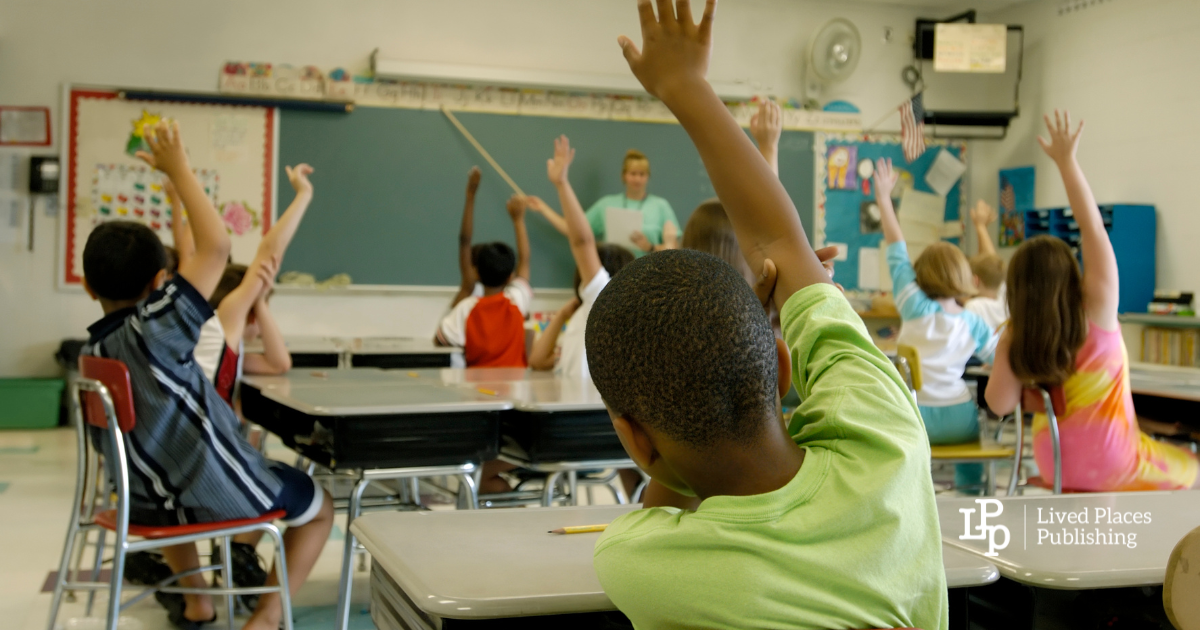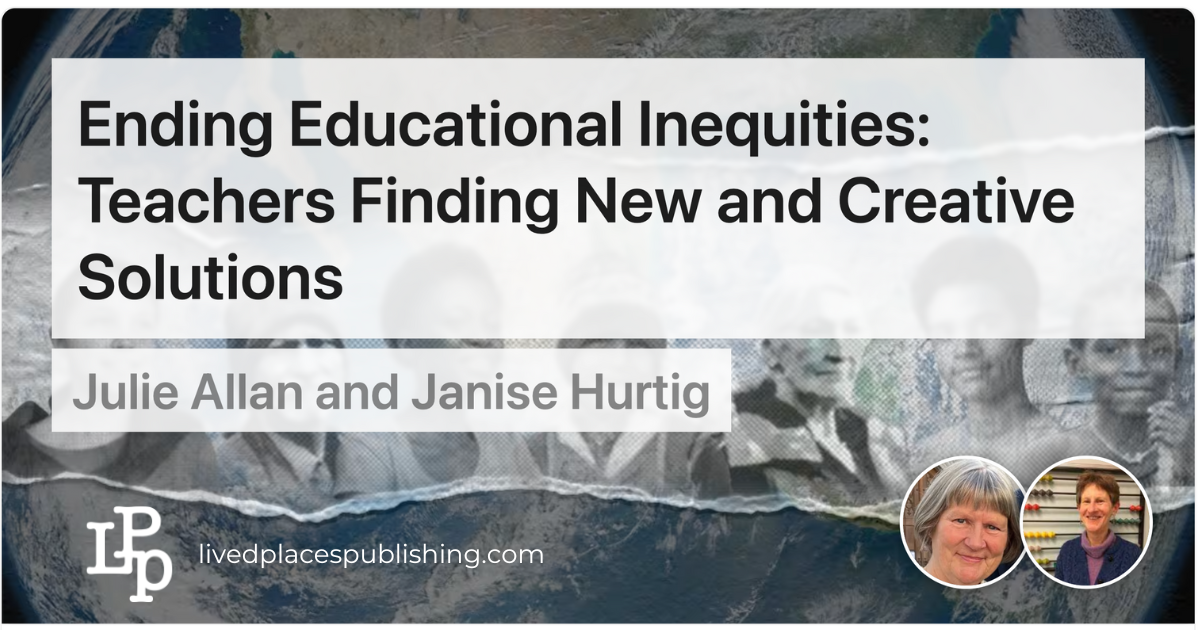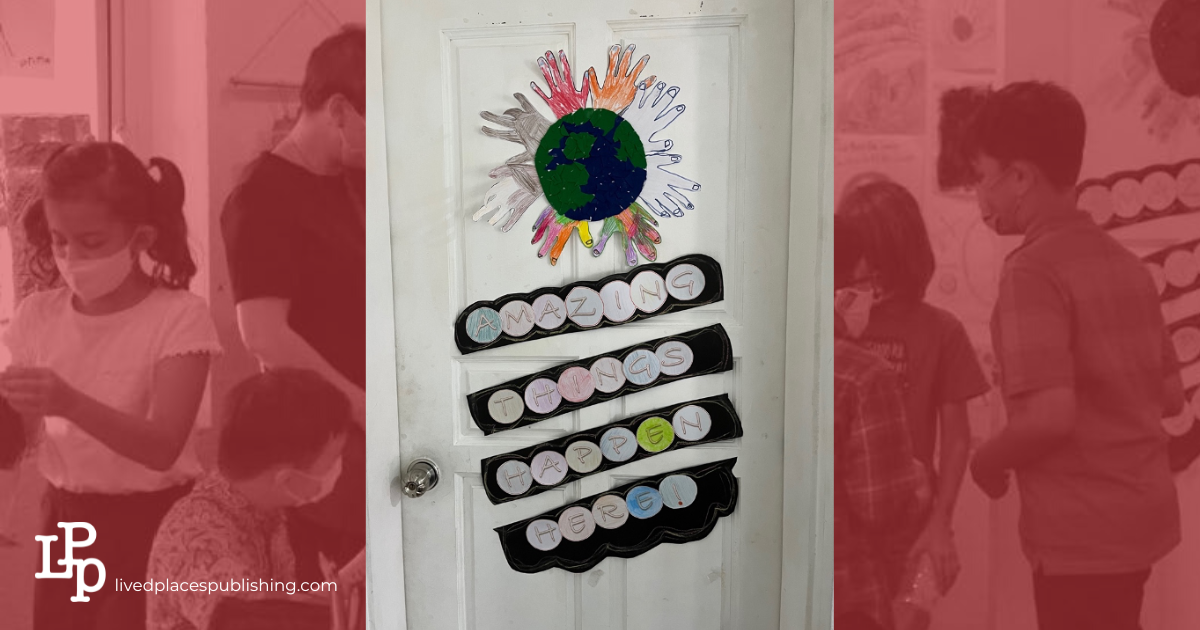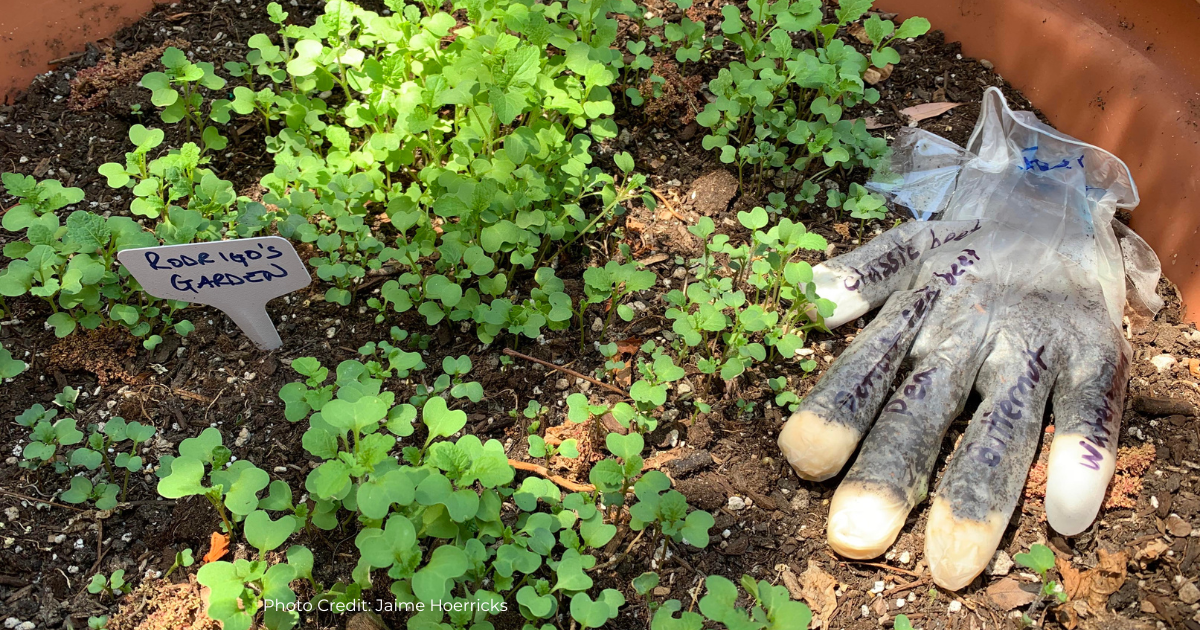Reverse Engineering as a Curriculum Development Process
FREE SEMINAR NOV 13, 2025: In this conversation between Anne Cecil and Dr. Reham El-Morally, they discuss the practice-based pedagogy of starting with current trends and deconstructing their influences – not only to build connections between the past and present but also to encourage students to reflect on how historical cycles, subcultures, and innovations influence contemporary identities and cultural narratives.

